java.time
As Viral Lalakia already spotted, the epoch converter that you linked to, explicitly said that it assumed that the number was seconds (not milliseconds) since the epoch. The following makes the same assumption in Java. I recommend that you use java.time, the modern Java date and time API.
ZoneId zone = ZoneId.of("Asia/Kolkata");
long unixTimestamp = 1_618_274_313;
Instant when = Instant.ofEpochSecond(unixTimestamp);
ZonedDateTime dateTime = when.atZone(zone);
System.out.println(dateTime);
System.out.println(dateTime.format(DateTimeFormatter.ISO_LOCAL_TIME));
Output is:
2021-04-13T06:08:33+05:30[Asia/Kolkata]
06:08:33
This agrees with the 6:08:33 AM that you got from the converter. And the date is today’s date. A coincidence?
If the number is indeed milliseconds (which I honestly doubt), just use Instant.ofEpochMill() instead of Instant.ofEpochSecond().
Instant when = Instant.ofEpochMilli(unixTimestamp);
1970-01-19T23:01:14.313+05:30[Asia/Kolkata]
23:01:14.313
This in turn agrees with the result you got in Java (except that the milliseconds are also printed).

